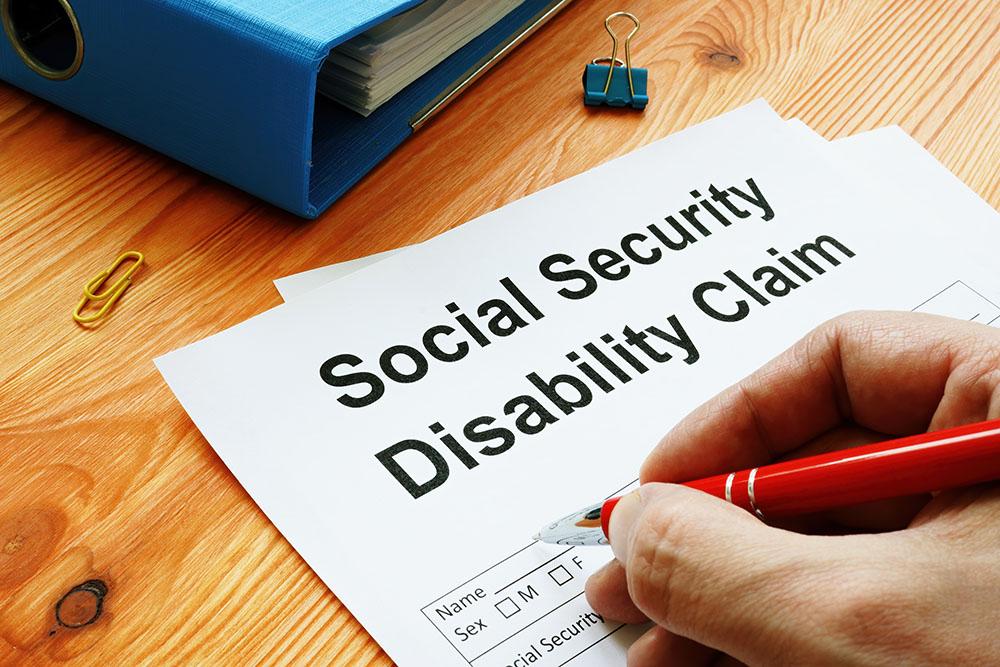Creating a comprehensive legal plan for Stevens-Johnson Syndrome (SJS) cases is crucial for achieving the best possible outcome. SJS is a severe skin condition that can cause serious complications, making it important to have a well-thought-out legal strategy. If you or a loved one is dealing with SJS, understanding the legal steps can empower you to take action confidently.
This blog will guide you through these aspects, providing valuable insights and practical tips. By following a structured approach, you can make the legal process more manageable and increase your chances of a successful outcome.
Understanding the Basics of Stevens-Johnson Syndrome (SJS)
Stevens-Johnson Syndrome (SJS) is a rare but serious disorder that affects the skin and mucous membranes. It usually starts with flu-like symptoms, followed by a painful rash that spreads and blisters. The skin then peels off, and the condition can affect the eyes, mouth, and other parts of the body. SJS can be life-threatening if not treated promptly.
The primary cause of SJS is a reaction to medication. Common culprits include antibiotics, anti-seizure drugs, and pain relievers. In some cases, infections such as pneumonia or herpes can also trigger SJS. The condition can develop suddenly, so knowing the signs and symptoms is crucial for early detection and treatment.
Knowledge about the disease also helps build a strong argument, especially when it comes to showing how the condition has impacted your life. This understanding aids in proving the link between the medication or infection and the onset of SJS, which is a key factor in establishing liability.
Initial Steps in Building Your Legal Case
Starting the legal process for an SJS case involves several important steps. These initial actions set the stage for a strong legal plan and help gather the necessary information to support your case.
1. Gather Medical Records
– Collect all medical records related to your SJS diagnosis and treatment. This includes hospital records, doctor’s notes, and prescriptions. These documents serve as vital evidence to show the severity of your condition and the treatments you’ve undergone.
2. Identify Witnesses
– Identify potential witnesses who can support your case. This may include family members, friends, or coworkers who have seen the impact of SJS on your life. Medical professionals who treated you can also provide crucial testimony.
3. Consult an SJS Lawyer
– It’s important to consult an attorney who specializes in personal injury law and has experience with SJS cases. Your Stevens-Johnson Syndrome attorney can guide you through the legal process, help gather evidence, and build a strong case to support your claim.
4. Document Your Experiences
– Keep a detailed record of your symptoms, treatments, and how SJS has affected your daily life. This personal account can be compelling evidence of your pain and suffering and help quantify your losses for the court.
5. Report the Adverse Reaction
– Report your adverse reaction to the drug that caused SJS to the FDA or a similar body. This official report adds credibility to your claim and highlights the drug’s potential dangers.
Taking these steps early on helps create a solid foundation for your legal case. Being thorough and organized from the beginning can make a significant difference in achieving a favorable outcome.
Essential Elements of a Strong Legal Strategy
Building a strong legal strategy for an SJS case involves several critical elements. Each component helps create a compelling argument to support your claim and achieve the best possible outcome.
1. Collecting Evidence
– Gather all relevant documents, including medical records, prescription details, and any communications with healthcare providers. Collect photographs of your symptoms and keep a diary of your experiences. This evidence demonstrates the condition’s severity and its impact on your life.
2. Expert Witnesses
– Secure expert witnesses who can testify about the medical aspects of your case. These might include dermatologists, pharmacologists, or other specialists who understand SJS. Their testimony can explain the connection between the medication and your condition, making your case stronger.
3. Building a Timeline
– Create a clear timeline that details when you started the medication, when symptoms appeared, and how the condition progressed. This chronological approach helps show cause and effect, making it easier for the court to understand your situation.
4. Legal Research
– Research similar cases to understand how courts have ruled in the past. Use this information to anticipate potential challenges and strengthen your arguments. Legal precedents can be valuable in convincing the court.
5. Damages Calculation
– Accurately calculate all damages, including medical expenses, lost wages, and emotional distress. Having a detailed and well-documented list of damages ensures you get fair compensation for your suffering.
By focusing on these essential elements, you can develop a robust legal strategy. Careful preparation and thorough documentation can significantly improve your chances of success in an SJS case.
Tips for Effective Communication with Your Legal Team
Effective communication with your legal team is crucial for a smooth legal process. Clear and consistent interaction ensures everyone is on the same page and can work together efficiently.
1. Be Honest and Open
– Share all relevant information with the SJS law firm, even if you think it’s minor. Full transparency allows them to build the strongest case possible and avoid surprises during the trial.
2. Ask Questions
– Don’t hesitate to ask questions if you don’t understand something. Legal procedures can be complicated, and your lawyer is there to help. Understanding each step of the process makes you an active participant in your case.
3. Regular Updates
– Stay in regular contact with your legal team to receive updates on your case’s progress. Regular communication helps you stay informed and involved, ensuring that no critical details are overlooked.
4. Provide Timely Information
– If your lawyer requests documents or information, provide them promptly. Delays can slow down the process and potentially harm your case. Timely responses help keep the case moving forward smoothly.
5. Express Concerns
– If you have any concerns or worries about your case, voice them. Your lawyer can address these issues and provide reassurance or adjust the strategy as needed. Open communication fosters a trusting and collaborative relationship.
Maintaining effective communication ensures that your legal team can advocate for you effectively. Clear, honest, and timely interactions can make a significant difference in the outcome of your SJS case.
Conclusion
Creating a comprehensive legal plan for Stevens-Johnson Syndrome cases involves many steps, from understanding the basics of SJS to building a strong legal strategy and communicating effectively with your legal team. Each component is vital in constructing a compelling case that can stand up in court. Thorough preparation, coupled with expert guidance, makes the legal process more manageable and increases your chances for a successful outcome.
If you or a loved one is navigating an SJS legal case, having a dedicated and experienced SJS law firm by your side is crucial. At Greg Jones Law, P.A., our team is committed to helping clients understand their rights and pursue justice. Contact us today to discuss your case and find out how we can assist you every step of the way.




